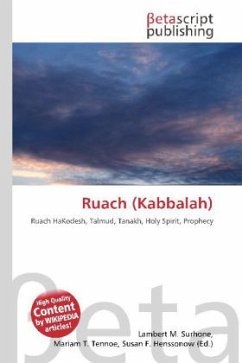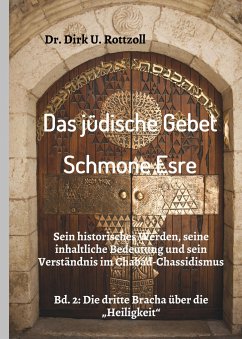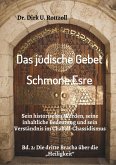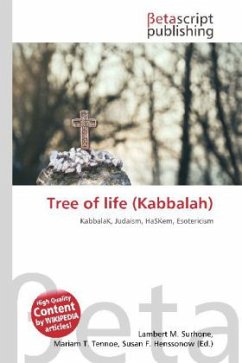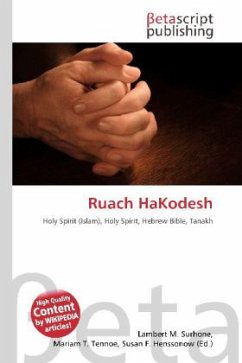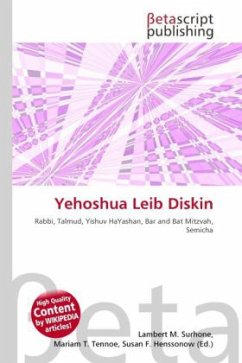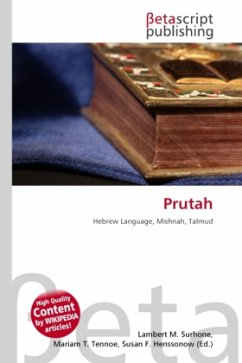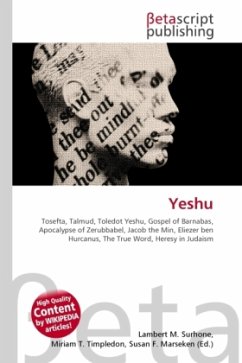Please note that the content of this book primarily consists of articles available from Wikipedia or other free sources online. A Hebrew word meaning "wind" or "spirit". In its prophetic form as Ruach HaKodesh it is derived from the Talmud equating Divine Inspiration (Ruach haKodesh), and a Divine Voice as the word used to refer to the Spirit of God, or Holy Spirit, in the Tanakh. Hebrew ( , Ivrit,About this sound Hebrew pronunciation (help·info)) is a Semitic language of the Afro-Asiatic language family. Culturally, it is considered a Jewish language. Hebrew in its modern form is spoken by many of the seven million people in Israel while Classical Hebrew has been used for prayer or study in Jewish communities around the world for over two thousand years. It is one of the official languages of Israel, along with Arabic. Ancient Hebrew is also the liturgical tongue of the Samaritans, while modern Hebrew or Palestinian Arabic is their vernacular, though today about 700 Samaritans remain. As a foreign language it is studied mostly by Jews and students of Judaism and Israel, archaeologists and linguists specializing in the Middle East and its civilizations, by theologians, and in Christian seminaries.
Bitte wählen Sie Ihr Anliegen aus.
Rechnungen
Retourenschein anfordern
Bestellstatus
Storno

